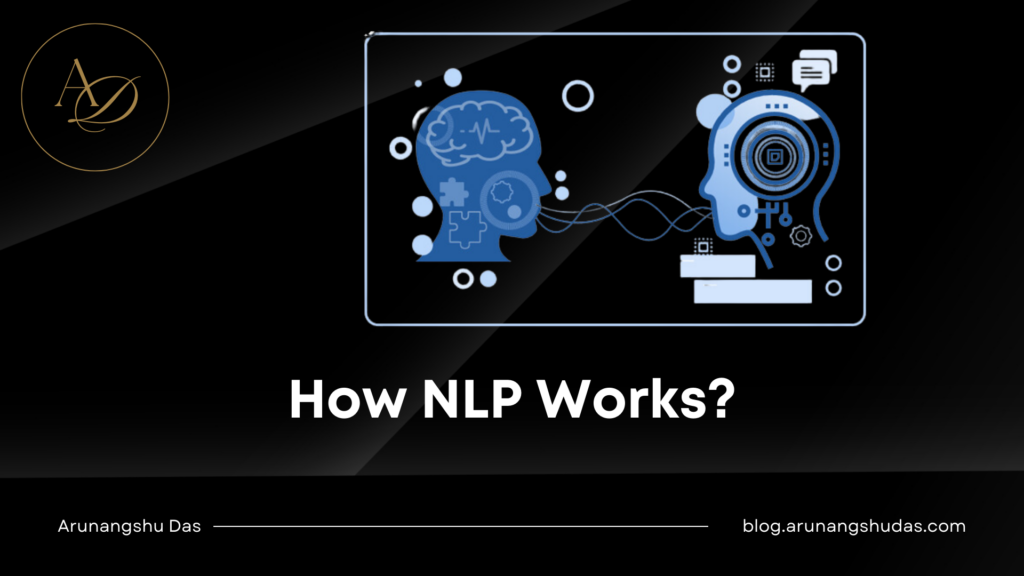A few years ago, I had the chance to work with a Principal Software Engineer who seemed to have a superpower: they always got things done—without looking stressed. Deadlines? Met. Code quality? Excellent. Meetings? Efficient. Meanwhile, the rest of us were scrambling to keep up.
So, I did what any ambitious developer would do—I paid attention. I took notes. And eventually, I “stole” some of their best productivity hacks.
Here are seven strategies that changed the way I work.
1. Start Your Day With a “Big 3” List
Most people begin their workday by checking emails or Slack, which is the fastest way to let other people’s priorities dictate your schedule. Instead, this engineer had a simple rule:
Before opening Slack, write down the three most important things to accomplish that day.
This forced them to focus on high-impact tasks instead of getting lost in busy work. I started doing the same, and suddenly, my days felt way more intentional.
Try this: Before opening your inbox, jot down your Big 3 for the day. It takes two minutes but gives you clarity on what actually matters.
2. The Two-Minute Rule for Small Tasks
This one blew my mind. If something takes less than two minutes, just do it now.
Have a quick email to respond to? Need to rename a file? Updating a README? These tasks seem tiny, but they pile up and create mental clutter. Instead of postponing them, knock them out immediately.
The result? Fewer lingering to-dos and a clearer head.
3. Use “Focus Blocks” to Avoid Context Switching
Software engineers know that context switching is productivity’s worst enemy. Jumping between writing code, fixing bugs, attending meetings, and answering DMs destroys deep focus.
To combat this, the Principal Engineer scheduled uninterrupted Focus Blocks:
90-minute deep work sessions, no meetings, no notifications, no distractions.
After implementing this, my efficiency skyrocketed. Now, I block out time on my calendar (especially for coding), set Slack to “Do Not Disturb,” and go heads-down.
Pro tip: Try using the Pomodoro technique—work intensely for 25–45 minutes, then take a break.
4. Write Before You Code
Before touching the keyboard, this engineer always wrote down:
→ What problem they were solving
→ Their approach in plain English
→ Edge cases to consider
This forced them to clarify their thoughts before diving into the code, reducing unnecessary rewrites and debugging later.
I started doing this, and suddenly, I spent less time stuck and more time coding with confidence.
Try this: Next time you start a feature, write out a quick game plan in a markdown file or a simple Notion doc.
5. Batch Similar Tasks Together
Ever feel like you’re jumping between tasks all day? That’s a productivity killer.
This engineer grouped similar tasks together to stay in the same mental mode:
→ Code Reviews: Did them all in one batch instead of sporadically throughout the day.
→ Meetings: Packed them into a single block (instead of being interrupted every hour).
→ Emails & Slack: Checked them at set times (instead of reacting all day).
The result? Fewer interruptions, better focus, and a lot more done.
6. Automate the Boring Stuff
A key rule: If you’re doing something repetitive, automate it.
This engineer had scripts for everything—setting up dev environments, running tests, deploying services, even formatting PR descriptions.
Saving 10 minutes a day adds up to 50+ hours a year!
If you’re still doing tedious tasks manually, take an hour to automate them. Future you will thank you.
7. End the Day With a “Shutdown Ritual”
This was the biggest game-changer. Instead of just logging off, this engineer had a five-minute end-of-day ritual:
→ Write tomorrow’s Big 3 (so you start with clarity).
→ Clear unfinished tasks or move them to a list (so nothing lingers).
→ Review what went well today (keeps motivation high).
This simple habit made their work feel wrapped up, preventing that “unfinished business” stress that lingers after work.
Final Thoughts
These productivity hacks weren’t about working harder—they were about working smarter.
I started applying them one by one, and suddenly:
→ I got more done in less time.
→ I felt less stressed.
→ I actually enjoyed my work more.
You may also like:
1) 5 Common Mistakes in Backend Optimization
2) 7 Tips for Boosting Your API Performance
3) How to Identify Bottlenecks in Your Backend
4) 8 Tools for Developing Scalable Backend Solutions
5) 5 Key Components of a Scalable Backend System
6) 6 Common Mistakes in Backend Architecture Design
7) 7 Essential Tips for Scalable Backend Architecture
8) Token-Based Authentication: Choosing Between JWT and Paseto for Modern Applications
9) API Rate Limiting and Abuse Prevention Strategies in Node.js for High-Traffic APIs
Read more blogs from Here
You don’t need a fancy system. Just pick one hack, try it this week, and see the difference for yourself.
Share your experience!!
Follow me on Linkedin








